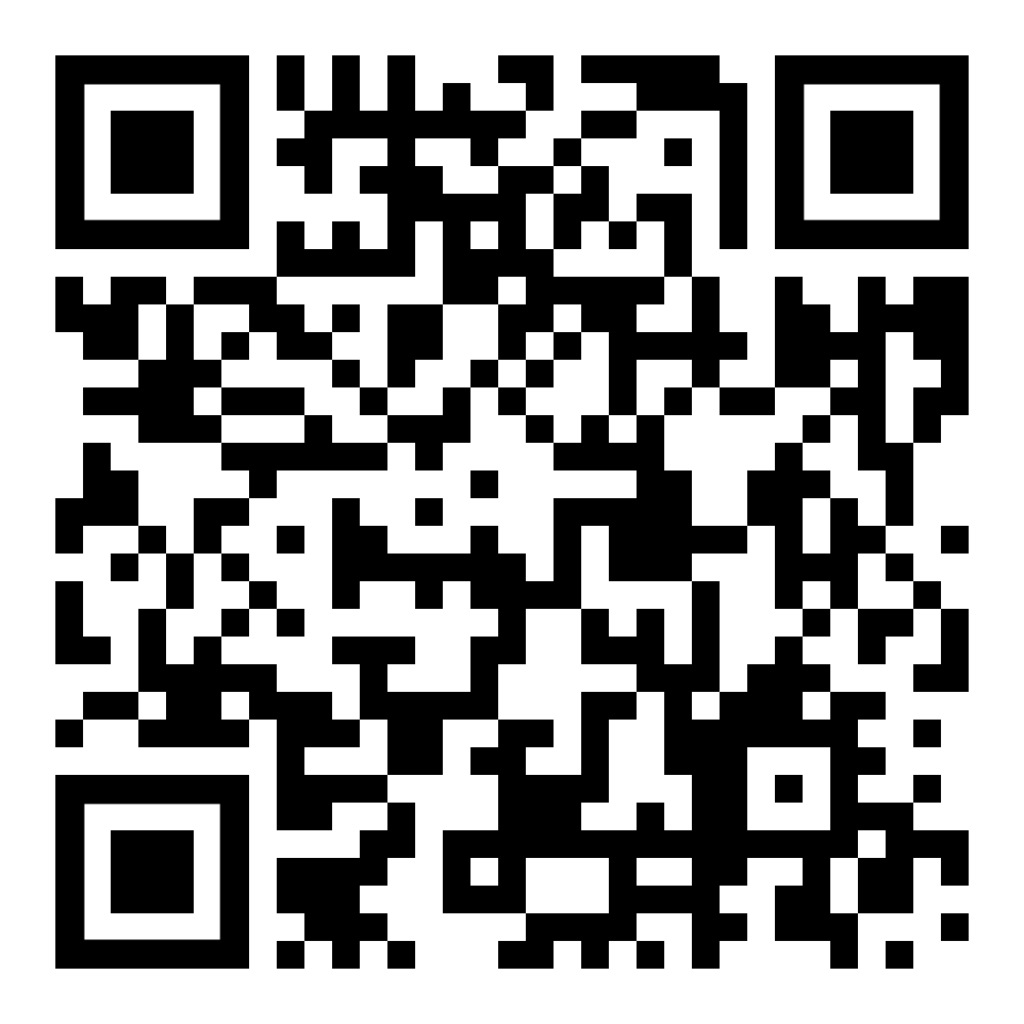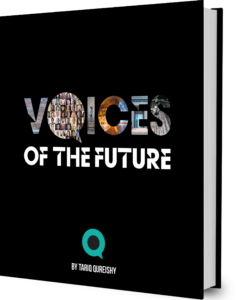Professor Marshall Goldsmith stands as a paragon of leadership and executive coaching, his name synonymous with transformative change in business and personal development. As a two-time winner of the Thinkers 50 award for the #1 Leadership Thinker in the World and the world’s #1 Executive Coach, his influence stretches across the globe, impacting countless leaders and organizations.
Our conversation – like his own journey – is marked by a consistent theme: the power of effective leadership and the necessity of continual growth and adaptation. His bestselling books, including ‘What Got You Here Won’t Get You There’ and ‘Triggers,’ not only resonate with millions worldwide but also encapsulate his profound understanding of the complexities of human behavior in professional settings.
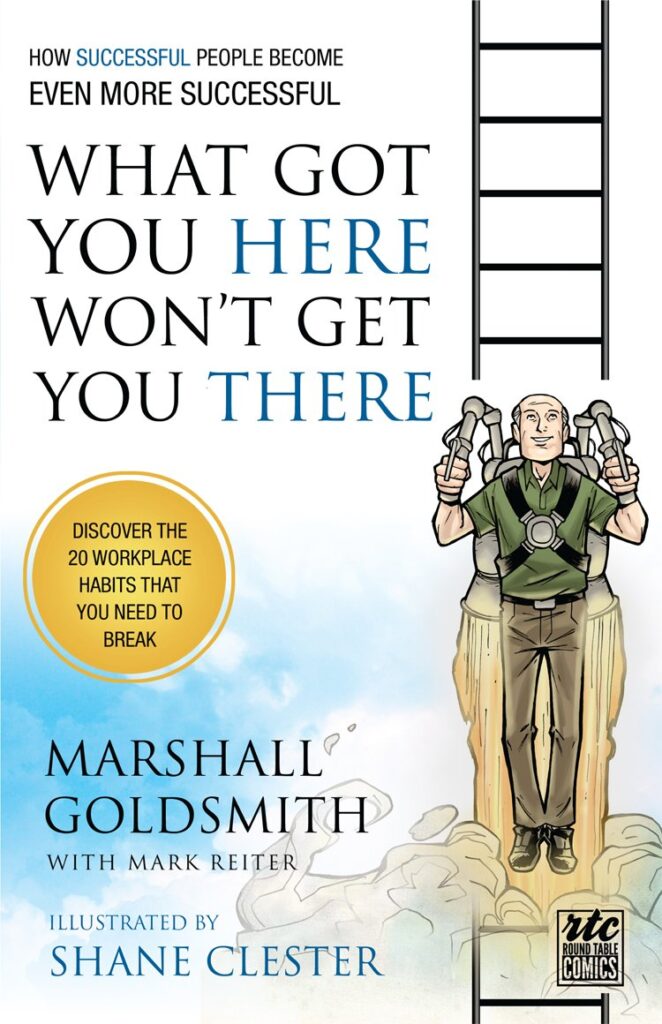
Professor Goldsmith’s message emphasizes the importance of lifelong learning. This is not only my thesis that as the world becomes more wobbly with all the various black swan events, young people need to look to lifelong learning as the antidote to this noisy world. He believes that the rapidly changing business landscape demands an ongoing commitment to learning and adaptation. This perspective is crucial for leaders who must navigate an environment where past successes are no guarantee of future results. In his own words: “What got you here won’t get you there. It’s not just for the young; it’s for all of us. People must ask questions, listen, learn, and focus on continuous growth in the midst of doing the hard job that they already have to do. It’s a challenge; it’s an opportunity.”
His philosophy extends beyond conventional wisdom. He focuses on the practical application of leadership principles, urging leaders to engage in daily practices that reinforce their goals and objectives. His unique coaching approach, centered on behavioral change and self improvement, has reshaped the way executives approach their personal and professional growth. He elucidates: “Our mission in life is to make a positive difference, not to prove how smart we are, not to prove how right we are. We must focus on making the investment required to make a positive difference. Once we realize the decision maker is a customer, we need to learn to influence people, learn to sell what we can, and make peace with what we can’t sell. We must go through life looking for opportunities and ways to make a positive difference.”
The pace of change in the world is accelerating significantly, far exceeding the rate experienced in the past. This rapid transformation, driven by advancements like Moore’s Law, creates a growing gap in technological and operational understanding. The challenge for both senior and junior employees is to find effective ways to bridge this gap, ensuring that all team members can adapt to and thrive in this fast-evolving environment.
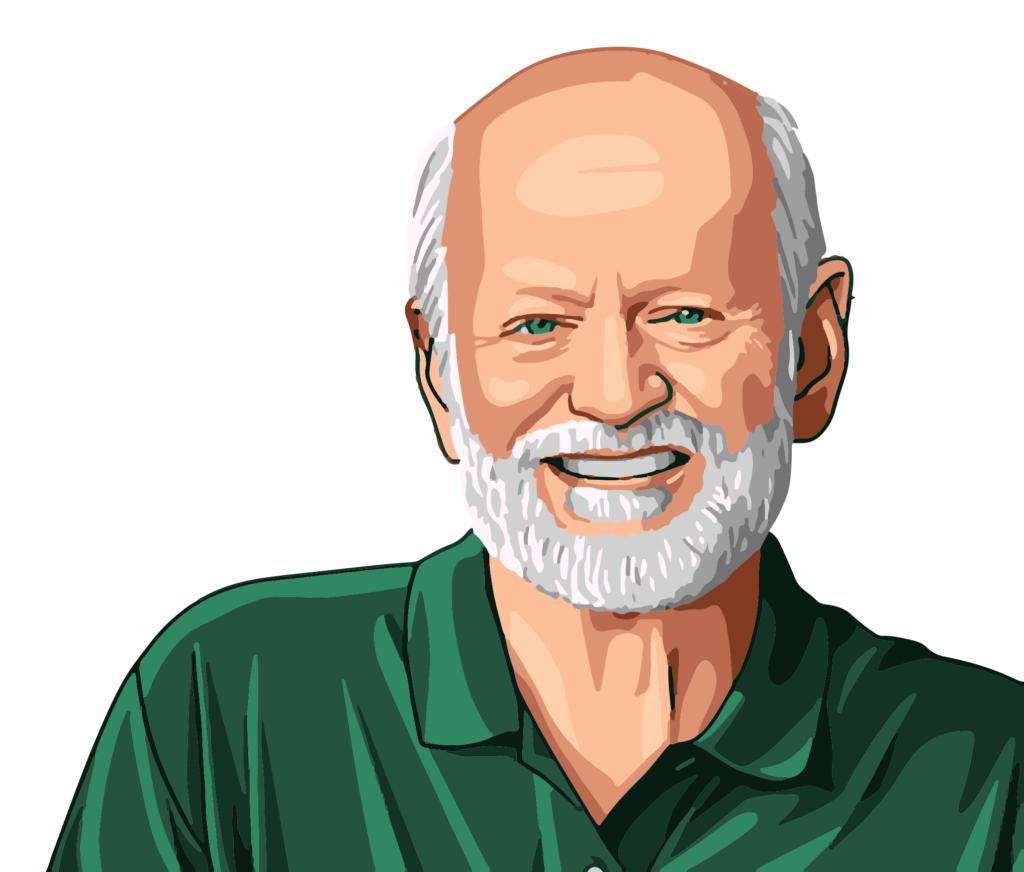
“In life, we all have this wheel of information. It’s constantly spinning. Very important: whatever you want to do in life, you have to think constantly, ‘I’ve got to keep it on the wheel.’”
Professor Goldsmith eloquently captures the essence of adapting to the rapid pace of the digital age through his wheel analogy. He explains: “In life, we all have this wheel of information. It’s constantly spinning. Very important: whatever you want to do in life, you have to think constantly, ‘I’ve got to keep it on the wheel.’” This metaphor underscores the importance of staying relevant and visible in an ever-changing world. He further emphasizes the need for persistence and active engagement in personal growth: “I pay a woman to call me every day, to keep me on the wheel. Day after day after day.” His approach reflects a deep understanding of the challenges posed by the fast-paced digital landscape and the importance of continuous effort to maintain progress and visibility.
His teachings about letting go are particularly impactful. In his own words: “Ask this question: am I willing at this time to make the investment required to make a positive difference on this topic? If the answer is yes, do it. If the answer is no, take a deep breath and let it go.” The professor advises leaders to focus on what they can change and influence, encouraging them to let go of areas beyond their control. This approach not only enhances effectiveness but also fosters a healthier, more balanced approach to leadership.
I’m MAD, as in Making A Difference, doing crazy things to help people to change the world. What is your definition and advice for MAD people? “My advice focuses on the distinction between merely understanding theories, which is often seen as education, and actually altering behavior, which is true learning,” Professor Goldsmith says. “There’s a significant difference between these two concepts. Merely reading a book or attending a lecture doesn’t necessarily change the world around us. It’s the consistent, day-today application and reinforcement of what we’ve learned that matters. This process is a journey, not a destination. We must view it as an ongoing evolution rather than a one-time event, especially as the world around us continually changes.
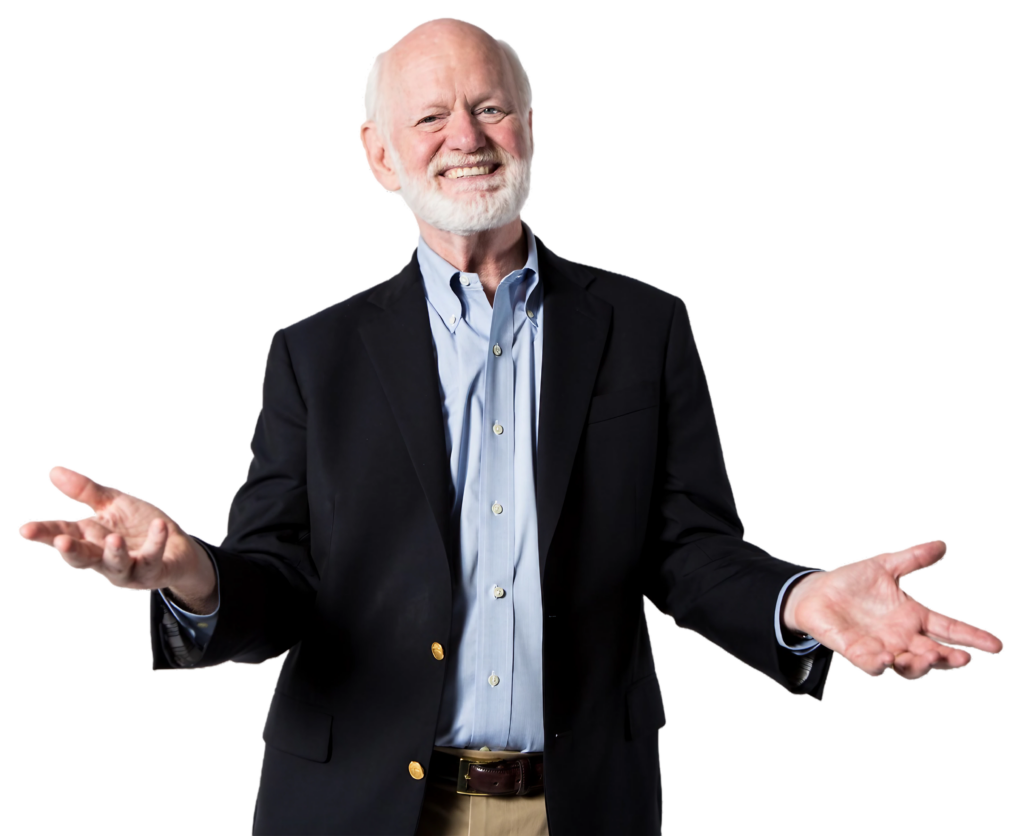
“My advice focuses on the distinction between merely understanding theories, which is often seen as education, and actually altering behavior, which is true learning.”
Goldsmith’s insights are peppered with personal anecdotes and experiences, adding depth and relatability to his teachings. He shares his own challenges and failures, highlighting the importance of resilience and the willingness to learn from mistakes. His advice is profound: “If it doesn’t kill you, it’ll probably make you stronger. We all fail. I fail pretty much every day. We’re all humans. Admit to your own humanity and admit you probably need help to get better.” His message is clear: failure is not a setback but a step towards greater understanding and success.
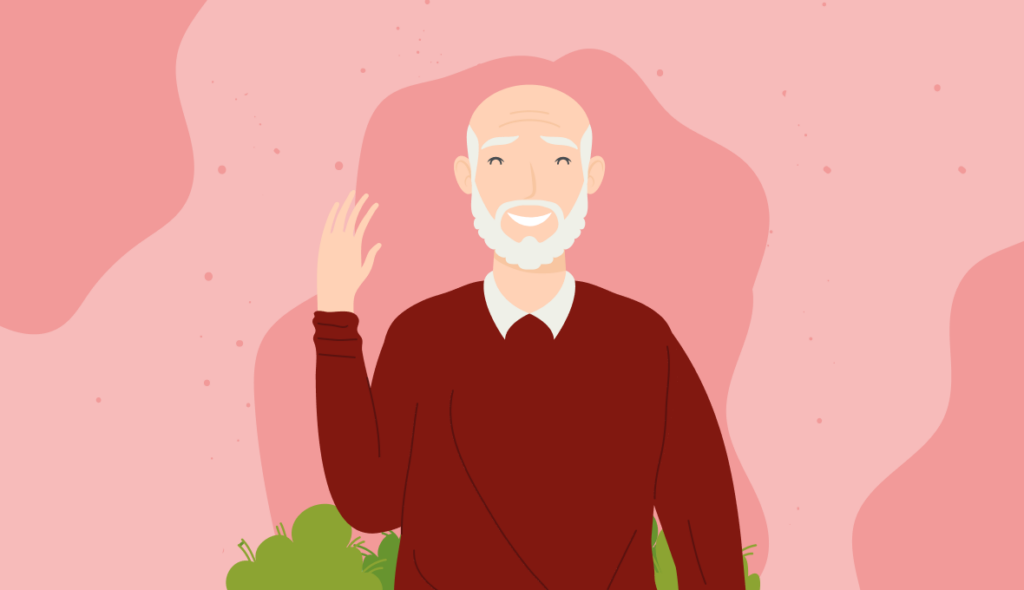
“Learn from everyone around you.”
For young professionals and entrepreneurs, Professor Goldsmith’s advice is invaluable: “Learn from everyone around you.” According to him, it’s a lifelong process where one identifies key stakeholders and consistently asks them for feedback on improvement. This involves listening attentively, expressing gratitude, and not being judgmental about their responses. It’s essential not to commit to doing everything suggested but to listen, learn, and implement what is feasible. This process of continuous learning and adaptation should be repeated throughout life. He adds: “Realize it’s a lifelong process of learning; it’s not an event, it doesn’t stop, and it’s something you should do the rest of your life.
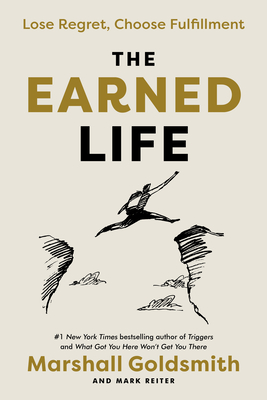
In my life, my goal is to focus on one thing and excel at it to the best of my ability, allowing everything else to become secondary. He concurs: “I don’t try to be everything to everyone. I’m certainly not an expert on all topics. I find I don’t have less credibility; I have more credibility when I say I really don’t know anything about that topic.” For him, acknowledging one’s lack of knowledge in specific areas makes one’s opinions more credible when one does share them.
In essence, Professor Goldsmith’s story is a compelling narrative of a man who has not only achieved personal success but has also dedicated his life to helping others achieve theirs. His teachings, rooted in practical wisdom and a deep understanding of human behavior, offer a roadmap for anyone seeking to improve their leadership skills and make a positive impact in their professional and personal lives.
